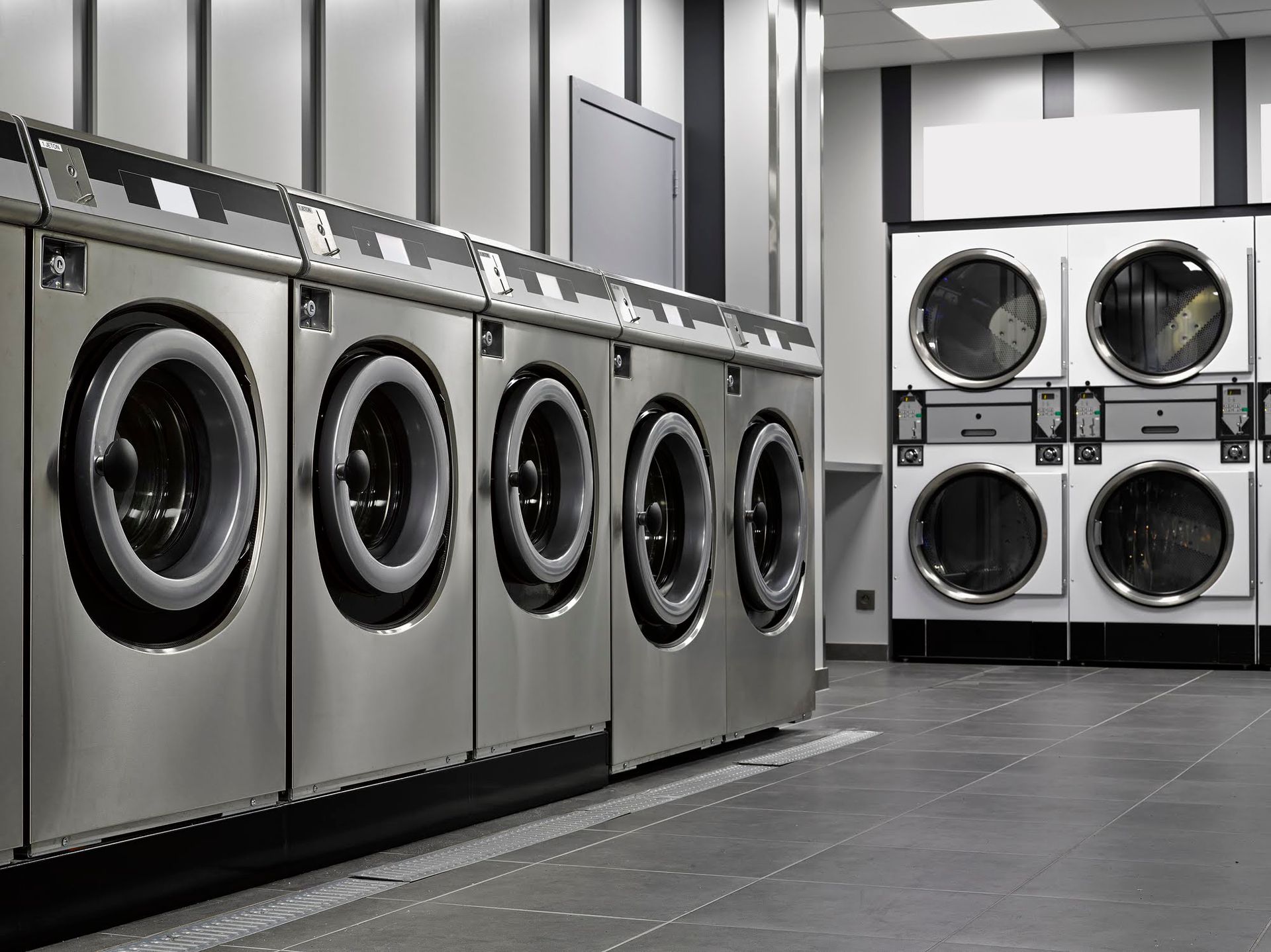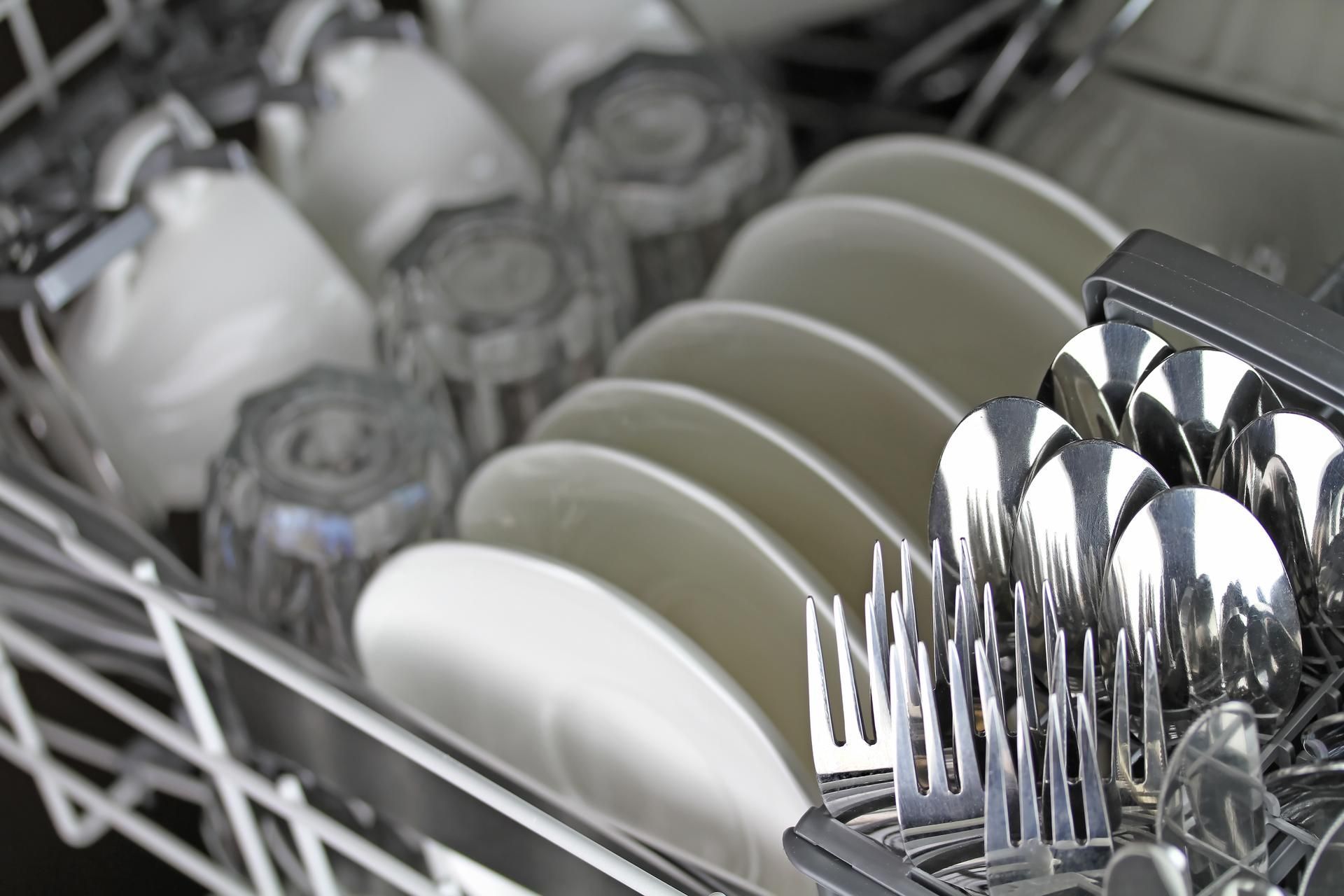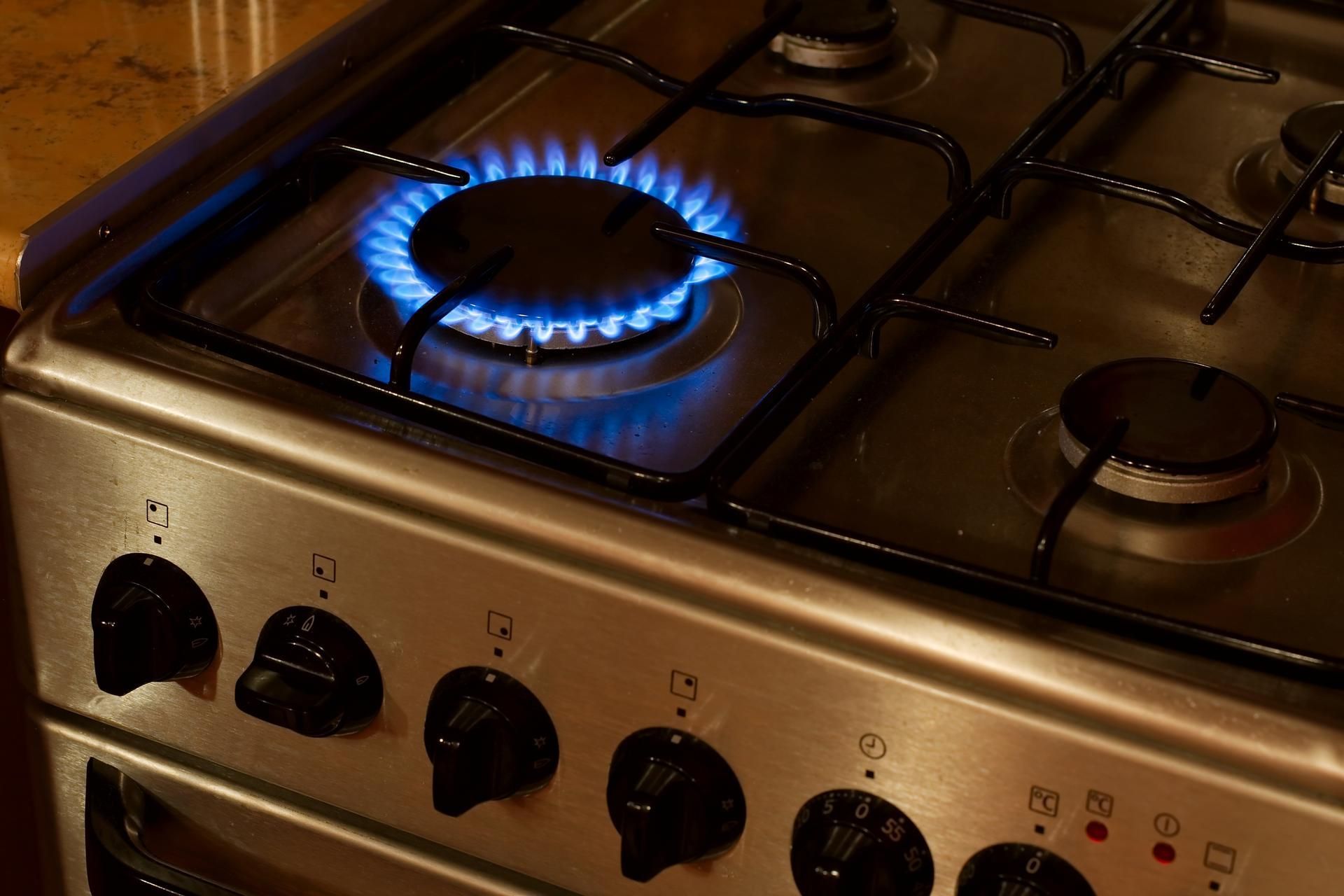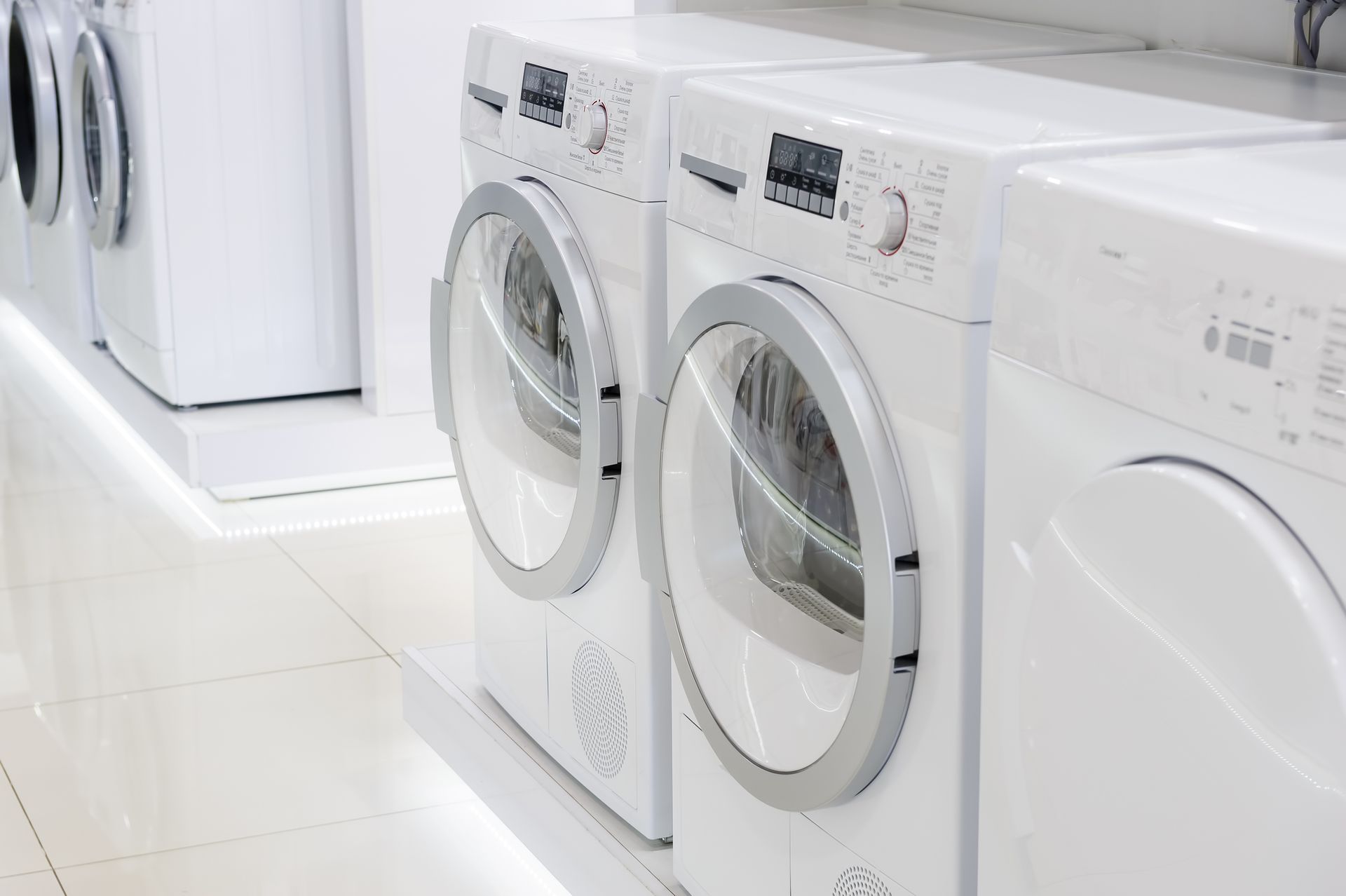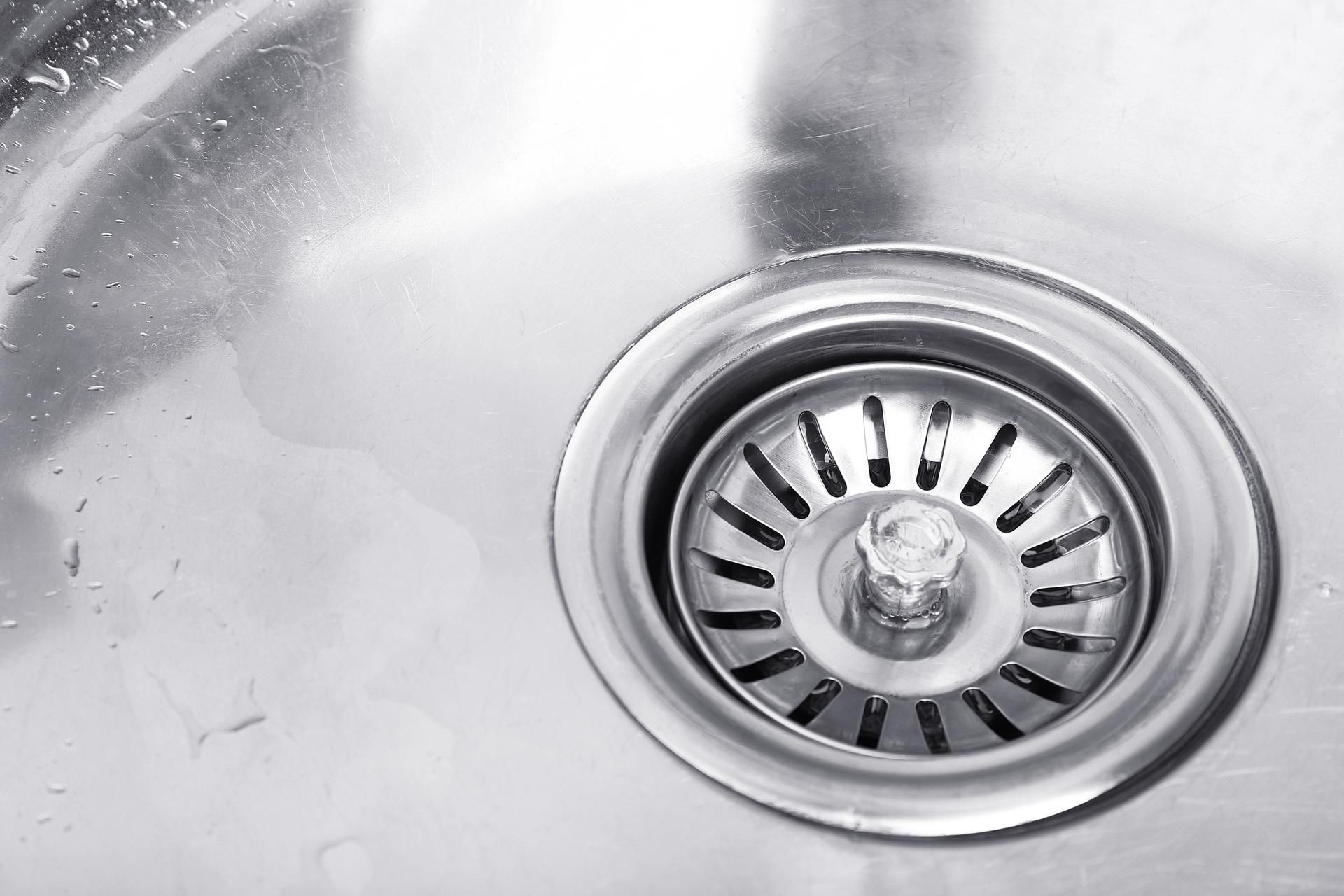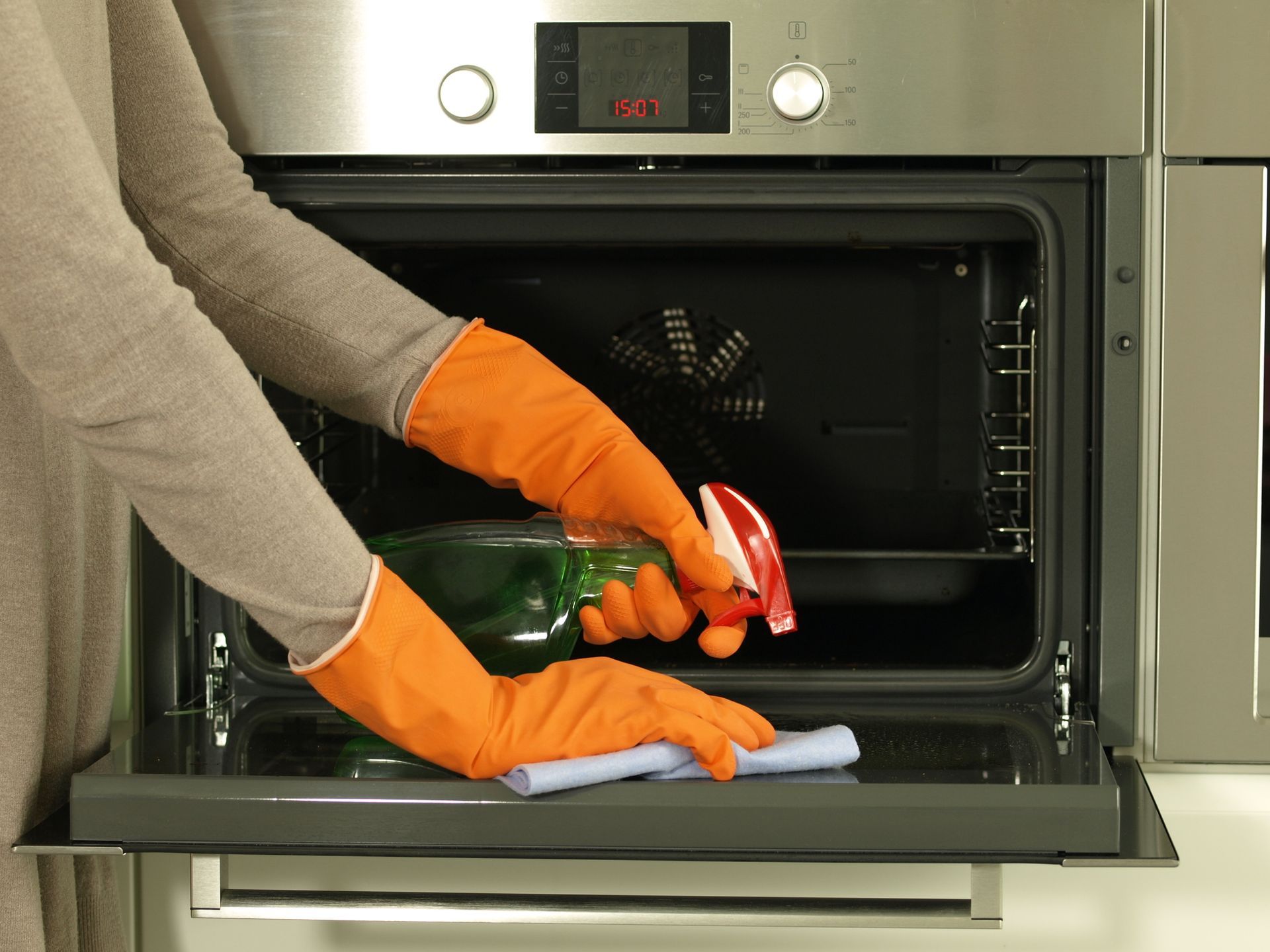Six Ways You May Accidentally Damage Your Dishwasher
Owning a dishwasher can be a great convenience, taking the hassle out of scrubbing dirty dishes by hand. However, like any household appliance, dishwashers require proper care and use. Through accidental misuse or neglect, you can inadvertently cause damage to your machine, potentially leading to costly repairs or replacements.
Here are six common ways you might be harming your dishwasher without even realizing it.
Loading Items Incorrectly
One of the most frequent mistakes is improperly loading the dishwasher. Putting dishes, pots, and pans in the wrong places can obstruct the spray arms, preventing water from reaching all items and leading to less effective cleaning. Overloading the dishwasher can also result in broken or chipped dishes and can strain the internal components. Take a moment to familiarize yourself with the manufacturer’s loading recommendations to ensure optimal performance.
Using Too Much Detergent
While it might seem logical to think that more detergent would result in cleaner dishes, using excessive amounts of soap can actually harm your dishwasher. Too much detergent can cause a soapy residue to build up inside the machine, clogging the spray arms, filters, and even the drainage system. This buildup not only reduces the efficiency of your dishwasher but can also lead to costly repairs or the need for replacement parts. Over time, the residue may cause your dishes to come out with spots or a cloudy film, negating the benefits of using extra detergent. Always follow the recommended detergent amounts listed in your dishwasher's manual to ensure optimal performance and longevity of your appliance.
Not Pre-Rinsing Dishes
Although modern dishwashers are touted as being able to handle heavily soiled dishes, it’s still a good practice to scrape off large food particles before loading. Large chunks of food can clog the dishwasher’s drain hose or filter, reducing efficiency and potentially causing damage. Pre-rinsing ensures that your dishwasher can effectively clean your dishes without running into issues.
Ignoring Regular Maintenance
Dishwashers, like any appliance, need regular maintenance to remain in good working order. Neglecting routine tasks like cleaning the filter, checking the spray arms for blockages, and running a cleaning cycle with a dishwasher-safe cleaning agent can lead to inefficiency and mechanical problems. For instance, a clogged filter can reduce water flow, diminishing the cleaning power, while blocked spray arms can prevent dishes from getting thoroughly washed. Over time, food particles and mineral deposits can build up, affecting the dishwasher's performance. Therefore, it’s essential to set a maintenance schedule, perhaps monthly, to help keep your machine running smoothly and efficiently. Regular upkeep not only extends the lifespan of your dishwasher but also ensures your dishes come out sparkling clean every time.
Washing Prohibited Items
Not everything is dishwasher-safe. Items made of wood, cast iron, or anything with a delicate glaze should stay out of the dishwasher. The high heat and strong detergents can warp, rust, or degrade these materials. By placing such items in the dishwasher, you could be causing irreversible damage both to them and to your machine.
Using Hard Water Without a Softener
Hard water, which contains high levels of minerals like calcium and magnesium, can leave a cloudy residue on your dishes and build up inside your dishwasher. Over time, this mineral buildup can clog the spray arms and filter, impeding the dishwasher’s performance. If you have hard water, consider using a water softener or special dishwasher detergent designed to minimize buildup.
By being mindful of these six common pitfalls, you can prolong the life of your dishwasher and ensure it operates efficiently. Regular maintenance and proper usage are key to avoiding unnecessary damage and costly repairs. Treat your dishwasher with care, and it will continue to reliably handle your dirty dishes for years to come.
If your dishwasher needs some extra TLC, contact our team at Economic Appliance Service for more information.

 (614) 279-2501
(614) 279-2501


